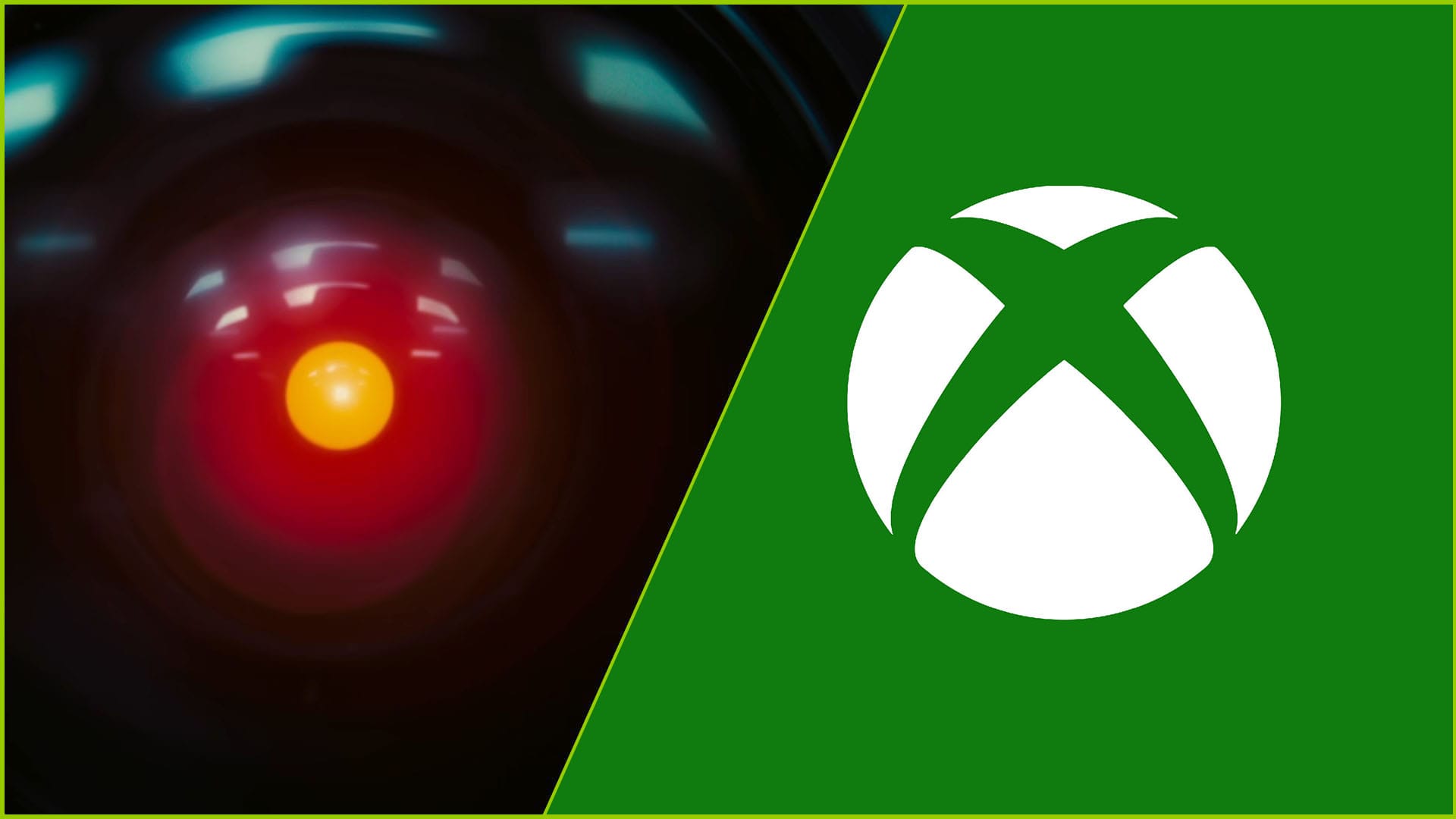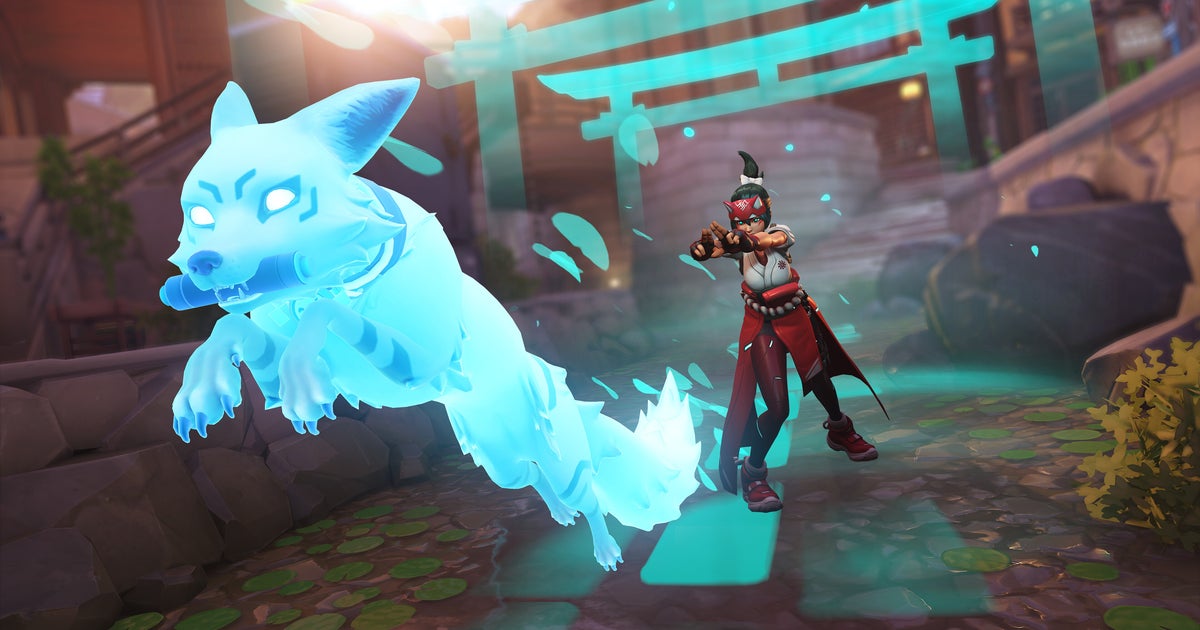Thick Thighs Save Lives
NeoGAF's Physical Games Advocate Extraordinaire
Tim Stuart, Xbox chief financial officer, discusses the opportunities allegedly created by AI for developers and gamers, the acquisition of Activision Blizzard, and how Microsoft measures its success in gaming.


 techraptor.net
techraptor.net

Today Xbox chief financial officer and corporate vice president of finance and operations Tim Stuart spoke about the application of AI to the gaming business, the acquisition of Activision Blizzard, the business model based on Game Pass, and how Microsoft measures success in gaming, at the Wells Fargo TMT Summit.
During the livestreamed conference, Stuart mentioned that he has "never been more excited about a technology shift in the gaming landscape" as he is with AI, comparing it as an "inflection point" for Microsoft to the shift from discs and consoles to online games and games-as-a-service like Fortnite and Minecraft.
He then described what he sees as the advantages of AI for developers.
"On the developer side, you think about the millions and millions of dollars in a game spent on localization, script, how you think about players moving from point A to point B and you have non-player characters have dialogue.
AI can take care of all that. You now say "I need the player to get from A to B" and instead of having to write thousands of lines of scripting or code, you just have the AI get you from A to B. Things like localization and putting things in new languages.
When we think about game testing, a million AI bots can run through a level of Minecraft and find where players get stuck, where they spend money, how they think about the level. So, this is -pun intended- game-changing for the developer."
On the consumer's side, Stuart brought up as an example a player in Minecraft meeting Hermione from Harry Potter driven by AI running through Hermione's scripts, and having a "nice unique moment."
Moving back to the development side, Stuart mentioned that if there are 100,000 game developers in the world across all companies, with AI you can generate code, instances, games, and art assets opening up the ability for "anyone in this room to be a game developer."
That, according to Stuart, changes things from 100,000 game developers to millions and millions.
"The barista at your local Starbucks has an awesome idea for a game and they can now use Copilot and AI to go create a great mobile experience."
Moving on to the recently completed Activision Blizzard acquisition, Stuart explained what it's all about and that the pace of the integration between the two companies is considerable
"But really, at the highest level, it's leveraging what Activision is so good at, which is consoles, and PC, and mobile... How do we take that great DNA, make it an accelerant to the IP that we have, leverage the great assets that they have and the expertise that they have?
And thankfully we both talk a gaming language and even the few months since we've been a entity, the speed of which we've integrated and the speed at which we've worked together is really impressive."
Microsoft is expanding its "operating leverage." First-party, subscriptions, and advertising are all high-margin businesses that the company wants to expand into.
While he's "not announcing anything broadly," Stuart explains that Xbox's mission is to bring its first-party experiences and subscription services to every screen that can play a game.
"That means smart TVs. That means mobile devices. That means what we would have thought as competitors in the past, like PlayStation and Nintendo. We're going to Nvidia's GeForce Now, their gaming subscription service."
Interestingly, he concluded by talking about how Microsoft measures success in gaming. He explained that it's a big and growing market where Microsoft wants to grow its share.
"Success for us is we can keep growing that content and services revenue double-digits. [...]. If we can grow faster than the market is growing, we are taking share in the gaming market.
And that's where we want to be. It's a 250 billion dollar market. We are not 250 billion dollars.
Early on we walked into Satya's office, Phil Spencer who runs Xbox and I. We had both taken our jobs about the same time and we've known each other for a decade before that.
We're like, let's go do this gaming thing. We walk in Satya's office: "Hey, we're going to spend 2 and a half billion dollars on this thing called Minecraft. Jokingly, he says, "A blocky game, you chop down trees... 2.5 billion dollars for this thing?" It turns out one of the best acquisitions ever made in history.
Lots more stuff from the interview in the linked article down below.But he said: "I don't want to talk about Minecraft. Tell me why we're in gaming." We put down the deck that we had for that acquisition, and that was a moment for Satya, Phil, myself, and Amy Hood, of why is Microsoft in gaming.
That was eight or nine years ago, and the answer really is why is Microsoft in any business? It's a big and growing market that we have an ability to take and win share.
And that's why we do gaming at Microsoft. Of course, we can leverage assets and of course, we need consumer brands at Microsoft that are meaningful.
In my opinion, you can't just be all commercial-led. You have to have a good consumer lens too. But in the end, it's grow share in a big and growing market and that's what we're here to do."

Xbox CFO Discusses Opportunities with AI, How Microsoft Measures Its Success in Games, and More | TechRaptor
Xbox CFO Tim Stuart discussed the application of AI gaming, the acquisition of Activision Blizzard, Game Pass, and how Microsoft measures success in gaming.
Last edited:







